6-0027 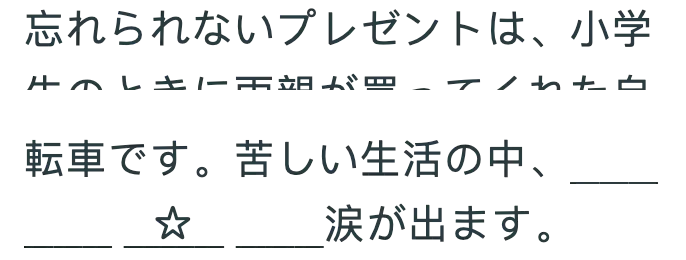

6-0027 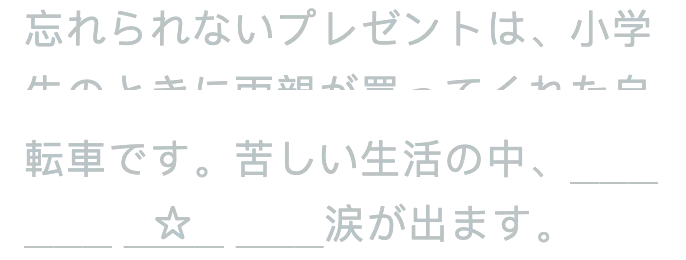

- A gift I will never forget is the bicycle my parents bought me in elementary school. It brings tears to my eyes when I think of how they bought it for me with a lot of emotion during a difficult life.
- 「かと思うと」:Fixed usage to indicate a ...... Just ...... The second part of the sentence should be placed before the fourth part of the sentence. 「どんな思いで」indicates what kind of mood one is holding, and it is more appropriate for the latter item to be followed by option 3. Therefore, combining with the meaning of the sentence, the correct ordering is 2341.
7-0028 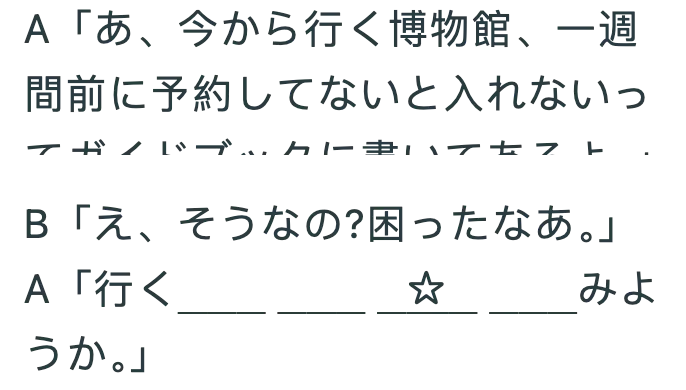

7-0028 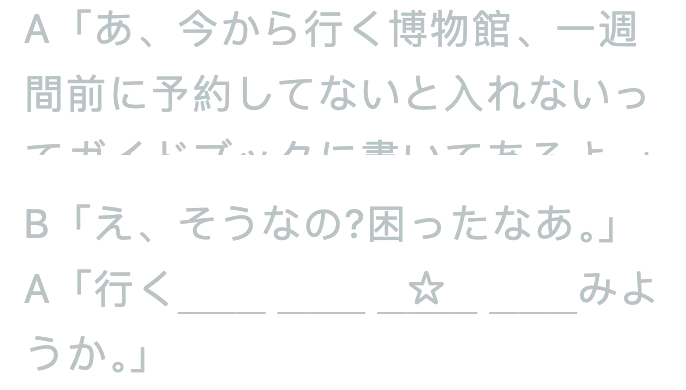

- A The guidebook for the museum we were going to said we couldn't get in without making a reservation a week in advance.
- B ah, yeah? That's a tough one.
- A We'll go first, and when we get there we'll try to negotiate if we can be let in.
- Correct ordering: 2143
- Knowledge:行くだけ行って means to go ahead and do something regardless of the outcome. Therefore, options 2 and 3 are placed in the first two blanks. てみる means to try to do something, so option 3 is placed in the last blank.
8-0029 

8-0029 

- The river was so muddy and brown that you couldn't see the bottom.
- 1くもって→くもる(曇る): hazy, fuzzy
- 2 Kakurete → Kakureる (隠れる): to hide, to hide away
- 3にごって→にごる(濁る): turbidity
- 4くずれて→くずれる(崩れる):collapse, fall
9-0030 

9-0030 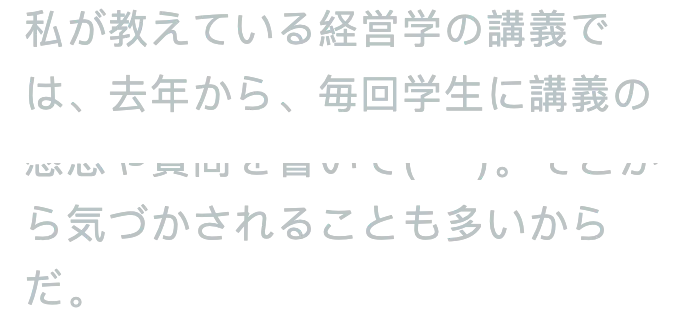

- Ans: In the Business Administration class I teach, starting last year, I would have the students write down their thoughts and questions about each class and turn them in. Because there are many problems that can be noticed from it.
- The student is the subject of the action in 「出す」, so C and D should be excluded. 「ことがある」 indicates that there is some kind of situation, and 「ことにしている」 indicates that there is a subjective insistence on doing something, so A is chosen.
10-0031 

10-0031 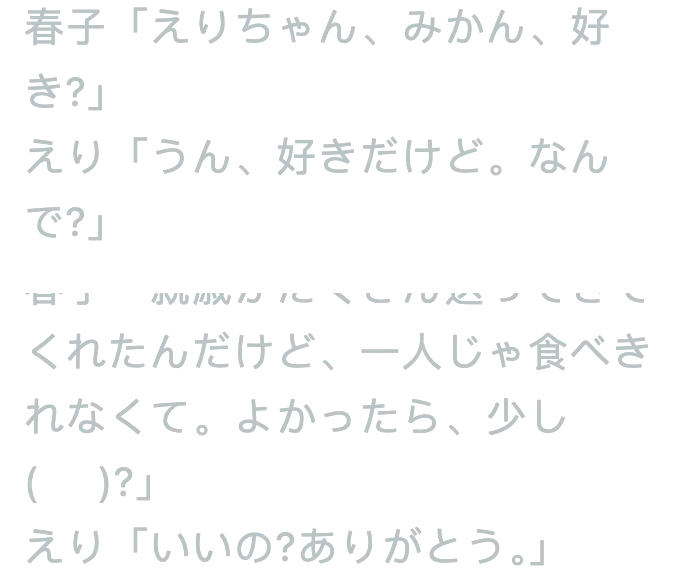

- Haruko: Eri, do you like oranges?
- Eri: Well, like, but what's up?
- Haruko: My relatives sent me a lot of food, but I can't eat it all by myself, so can you take some if you can?
- Eri: Is that okay? Thank you!
- もらってくれない:不收下(我的....) The 「動動詞て形+くれる」 indicates that the other person is doing something for himself/herself or someone on his/her side, and 「もらう」 can mean to accept it. So, "もらってくれる?" means can you accept my...? ?
- 1 あげない: not given.
- 2 くれない: Not for me (or my side).
- 4 もらってもらわない:Don't ask the other person to take it.










